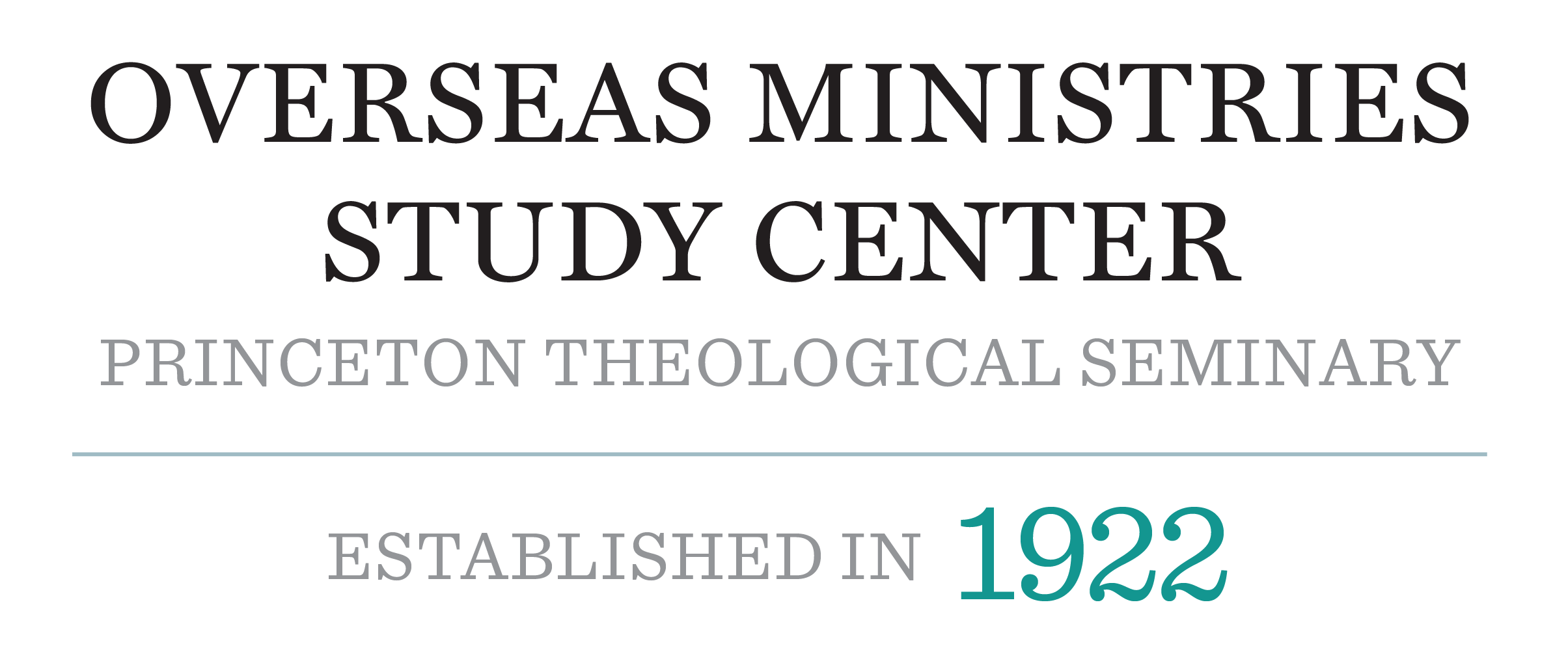In 1988 two novice missionaries commissioned by the Philippine Wesleyan church ventured to Africa to serve at Zimba Mission Hospital. As enthusiastic young doctors, Romeo (Romy) and Linda were full of energy and were able to connect well with Zambian patients. But when the HIV/AIDS epidemic hit Zambia, their energy and resources were tested. As Romy affirms, “In the beginning, we thought we were able to match the immense health needs of the people. But when the HIV/AIDS epidemic peaked in that country, it was beyond belief to see so many people dying every day. There was very little that we could do.” They completed their first term as medical missionaries exhausted, and with serious concerns about whether they could make a difference in the lives of the people they were serving. During their first furlough they asked themselves the tough question, should they continue?
“We were in a Nairobi Christian guest house, en route to Manila, for our first furlough when we met two veteran missionaries serving in Liberia. They were assigned to the room next to ours,” Romy recalled. “After hearing our travails, they talked to us, prayed for us, offered encouragement and were God’s provision at that point in time. They are now lifetime friends.” Providentially, in that Mayfield guesthouse, there was an old issue of EMQ magazine that talked about an outstanding place of rest for burdened missionaries in New Haven, CT.
Linda narrates, “Eventually getting accepted as missionary residents, both of us completed a certificate in mission studies in 1991 and developed friendships with some other residents and staff. We returned to Africa to the same hospital, refreshed, renewed and armed with better cross cultural and relational skills, all learned from OMSC.”

Around 1995, Romy saw the need of expanding his public health expertise, and after getting accepted at Yale University, OMSC welcomed them back as residents. Now they were busier than ever as they took seminars on cross-cultural missions, visited with church partners, and completed a Masters in Public Health degree all at the same time. This visit to OMSC would prove to be life-changing for another reason when, in December 1997, twins Nathan and Hannah were born! According to Linda, “It seems that OMSC was also an anointed place because my husband and I waited for 10 years before a baby (or babies) came into the picture!” As joyful as they were at the birth of their twins, being so far away from home, even for both physicians, was a bit overwhelming, not to mention unexpected. God answered their needs through the many friends from OMSC’s residential community who were more than happy to step in and fill the temporary role of family members. Giving birth to twins Hannah and Nathan among these friends took on a special significance. We have all heard the expression that “it takes a village to raise a child,” and Linda and Romy agree. “When no less than the leaders and their spouses are helping babysit our twins, what more can we say, what more would we need?” They felt blessed to return to OMSC when their twins were 4 years old and briefly a couple more times when the duo were growing teenagers.
In addition to being their home-away-from-home, spending time at OMSC has also afforded this couple opportunities to meet and learn from distinguished theologians and practitioners from around the world. Romy says, “This immensely helped us when we were given a new field assignment after our furlough – this time in the kingdom of Nepal.” Though the platform of their ministry is still health care, Nepal is a very different situation than Zambia. Nepal is a Hindu nation and there are anti-conversion laws in the land. Their work in Nepal left them working oftentimes under less than ideal circumstances, and in areas where traditional missionaries would not be allowed. Linda once had to travel by helicopter to a remote, mountainous district where the longevity of individuals is only 42 years. She went there specifically to look at the situation of women who were victims of human trafficking from a nearby country, and to see the effects of the HIV/AIDS epidemic. In 2007, Romy was appointed as Area Director for the Asia region, supervising 12 fields with varying church ministries, educational initiatives, and medical outreaches. This new responsibility gave them a broader scope in ministry and lessened their roles as primary clinicians. Linda continues to be engaged in workshops on the prevention of human-trafficking, and combines them with community health evangelism teaching and training.
Looking back to the time when they questioned their ability to help others, Romy and Linda are grateful for the circumstances that brought them to OMSC, and for the furlough that ultimately left them feeling renewed for continued service as medical missionaries. Having been here on more than one occasion, they know that although they are working half-way around the world, should their journey bring them back to OMSC again, they would be welcomed as members of the family.



